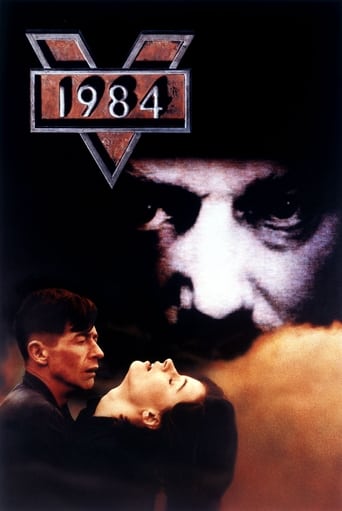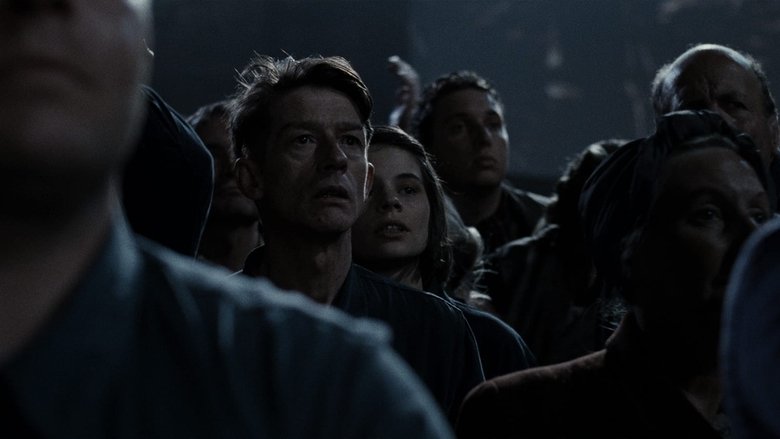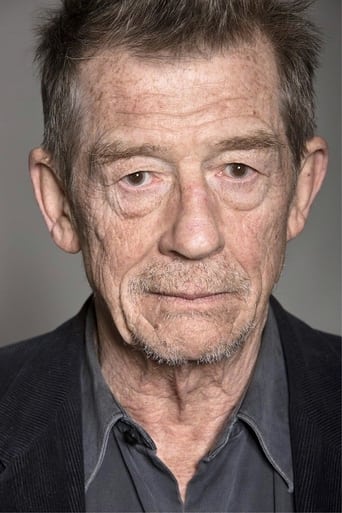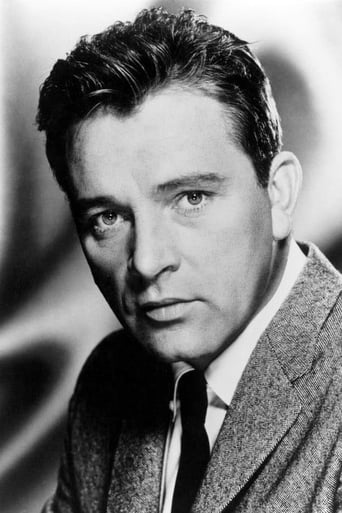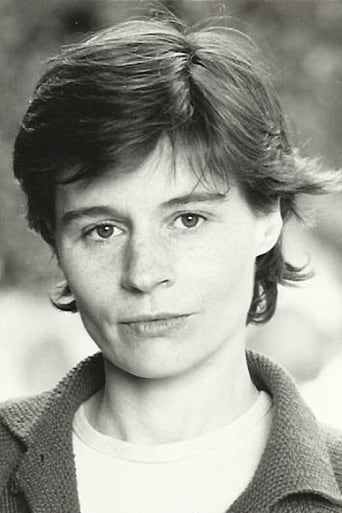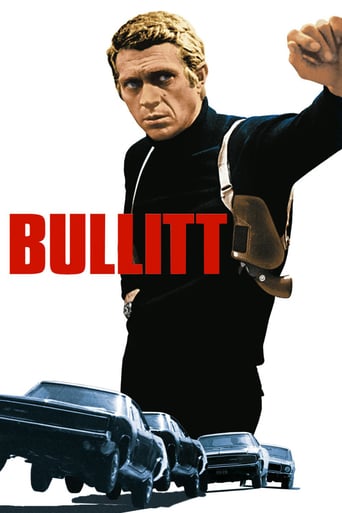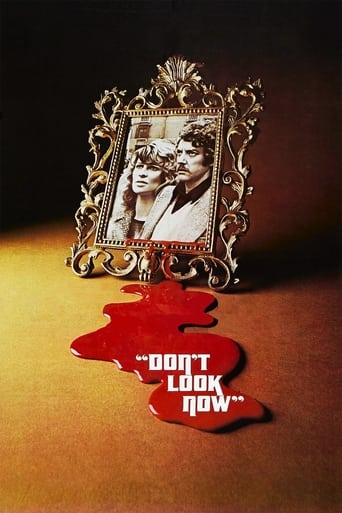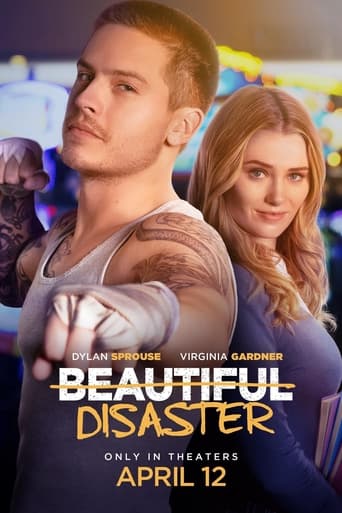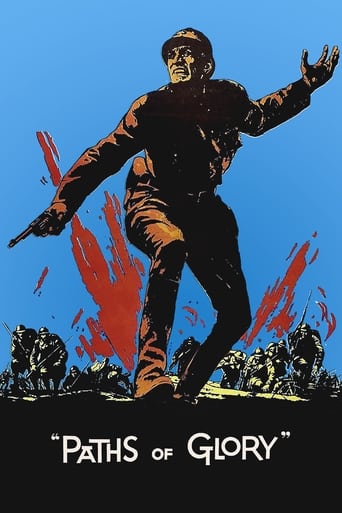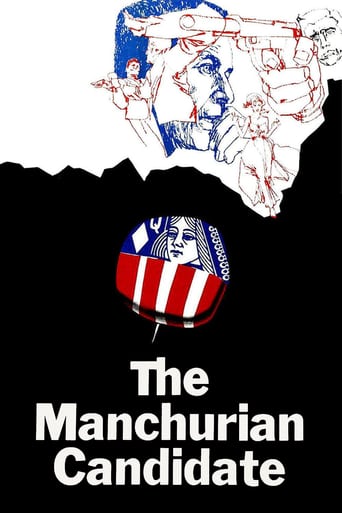Nineteen Eighty-Four (1984)
George Orwell's novel of a totalitarian future society in which a man whose daily work is rewriting history tries to rebel by falling in love.
Watch Trailer
Cast


Similar titles
Reviews
I love the fact that the film took place during the time the book did and how they made all the scenes look grim, gritty, and late 1940s ish. My main problem is the lack of development of Winston and Julia. He goes from hating her to making love to her and no in between. He also says he hates all goodness and purity for no reason. And the Room 101 dream scenes were more strange and confusing to anyone who hasn't read the book than the Maze Runner dream scenes. TL;DR: If you haven't read the book, you won't understand the film.
This brilliant adaptation of George Orwell's immoral classic of the same name nearly matches its source material in terms of quality (which is quite the achievement, considering the fact that "1984" is by far one of the greatest novels I have ever read). The chilling direction and pitch perfect performances help make this disturbing vision all the more of a truthful gut punch. The fact that such a hard hitting and seemingly over the top story remains entirely relevant in today's chaotic political climate is both a disgrace and a testament to Orwell's genius, and the cinematic capturing of Orwell's classic is one of practically unbeatable quality. While little to nothing is added to the plot, the visual accompaniment of the story enhances its impact. The cinematography is fittingly dull, soaked entirely of the joys o color. The performances are simply perfect, making this one of the few novel adaptations I have seen in which I felt that the actors absolutely nailed their performing of the original work's dialogue. At the center of this terrifying satire is the performance of Richard Burton who is both subtle and mind blowingly horrifying in his indescribably villainous role, while John Hurt provides a sometimes timid, sometimes paranoid, and other times absolutely petrified protagonist that attempts to escape from the norms of the totalitarian society he is forced to live in.While not necessarily a "horror" movie, there is no doubt that "1984" is among the most genuinely SCARY films that I have ever seen. Both the book and film have succeeded in making me shake like drug addicted pepper and salt shakers. The dystopia depicted here accurately displays the horror of an overly controlling and oppressive government system forcing its propaganda upon those below, and outwardly embracing anti-free speech and pro-war beliefs. I must restate how sadly relevant this work remains.
"Power is tearing human minds apart and putting them back together in new shapes of your own choosing." I think it's easy enough to say that the book by Orwell of 1984 is still valuable because, simply, it is, from the quote above to many, many others, its a cultural touchstone - though there's two things that may be taken for granted: first, that the film itself gets to the dark, horror-movie tone of paranoia and grime and decay and moral impoverishment (and the desperate search for it) that was in the book, and secondly that for all of the lines that people quote, people may not fully grasp how much emotion is conveyed in this story, that when one looks at the *people* there's so much to mine there. This is actually what makes the book so great, and the film too, though it's one of 'those' great films I'm not sure when I'd have the heart to watch again (Brazil, a massively looser version, is more-so but then thats a comedy in a lot of ways, but I digress).What I think Radford does so well along with Roger Deakins's soaked-in-a-dirty-rag cinematography (which I mean as a sincere compliment) is get us into this world and it's one of oppression, devastation, and totalitarian control and keeps us there, so that when it comes time to see the "green world" of that landscape with the trees and those hills, it's more impactful and more like Winston (and us by proxy) being exposed to what is closest to... art, to beauty.When I say emotions, I mean that it's in the actors conveying it - Hurt (who I miss all the more now seeing this a few months after his passing), Suzanne Hamilton to an extent, and in his way how Burton is so completely and wholly wound tight (is it the same as restrained, I'm not sure) - but it's also in key moments that Radford gets right. It's one thing to get the full weight of the terror that Winston feels when he's strapped to the table in the last third and things get rougher and harder to watch than before (Hurt sells it especially, but it's Burton with his cold demeanor that sells it furthest of all, we know he's done this countless times before and will do it again), or those little moments between Hurt and Hamilton when in bed together, naked and open to each other, and how their 'love' is stifled/compromised to a large extent by how they were raised and the world they're in. But there's more.Take the woman who lives below Winston was an extraordinary touch, and it's something that got me thinking after the movie ended (as it did in the book, but this is something that a movie could and does do better): Winston observes that it's so out there to think that a song that was made up by a machine could be performed by this woman so beautifully. In just that there's the capacity to see how someone lost in their seeming day-to-day affairs, can bring artistic depth and expression and feeling. While Radford and Deakins don't show her too close-up, that's fine: we know how Smith reacts to it (and maybe Julia, though perhaps her connection to her comes too late, if (spoiler) it's real at all), and that's what counts. Or to another example, the other man who Smith briefly talks to about lending razors who shows up when Winston is imprisoned - what did he do exactly? All that matters is he is there and fingers Smith. But, again, the actor is fully organic in this world.If I could nitpick (or maybe it's a legit criticism, I may feel different about the movie later on or even tomorrow), I wondered if there could have been *more* Big Brother imagery - we get that one face in the screen looking on, and then the woman's voice, coming in like the rancid school-marm, on the intercom. But there were a scene or two I wondered if there would be more cameras watching things, or if it was only on the TV screens. Again, a nitpick, since the message is still conveyed and the more important aspect of Big Brother and it's control of society is shown by Radford and company: language and the control of it. This is the part, along with critical thinking in society, that remains relevant as when Orwell wrote it in 1948 as it did in 84 when the film was made and today in 2017 when now Orwell gets quoted this way and that on Twitter and Facebook (but of course the *quotable* bits, I'm not sure how many would want to mention the bit about the rats much).The tricky thing with the film adaptation of this was to make it either *too* oppressive in its drama and horror, which it almost goes to, or trying to soften it or veering too much into satire. There is inherent satire in the text - Orwell constantly did that as a writer and thinker - but one needs to take this as a work as if it's happening as we see it. The remarkable thing and power of the film is that it simply works as a film unto itself, showing us through the power of cinematic grammar, dream-like imagery and occasionally in the cutting, and performance and music (hey Eurythmics, that's some atmospheric s*** right there), that this story not only retains its intellectual power but it gains a little in the pathos department. And that final scene in the cafe.... damn.
This movie is OK only if you have already read the book. It goes over the introduction and the basic information quite fast and if you don't know what the book is about it would take some time to get it and even then you wouldn't really fully get it. Beside from the way to fast paced movie, the main actor did a good job. But as I said the movie could have been so much more. Disappointed. The book is very good and it's a shame that there was not a movie to really capture the emotion and the thoughts that are presented in Orwell's work. I am still hoping that one day a good director can actually make this film into a better version.

